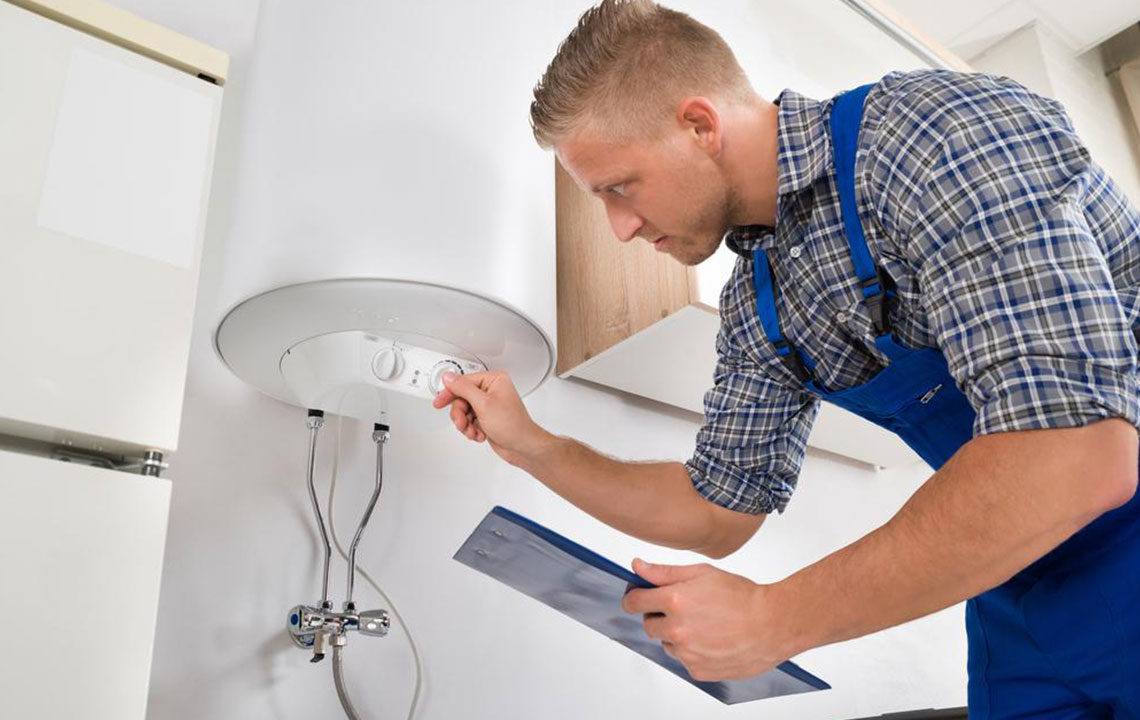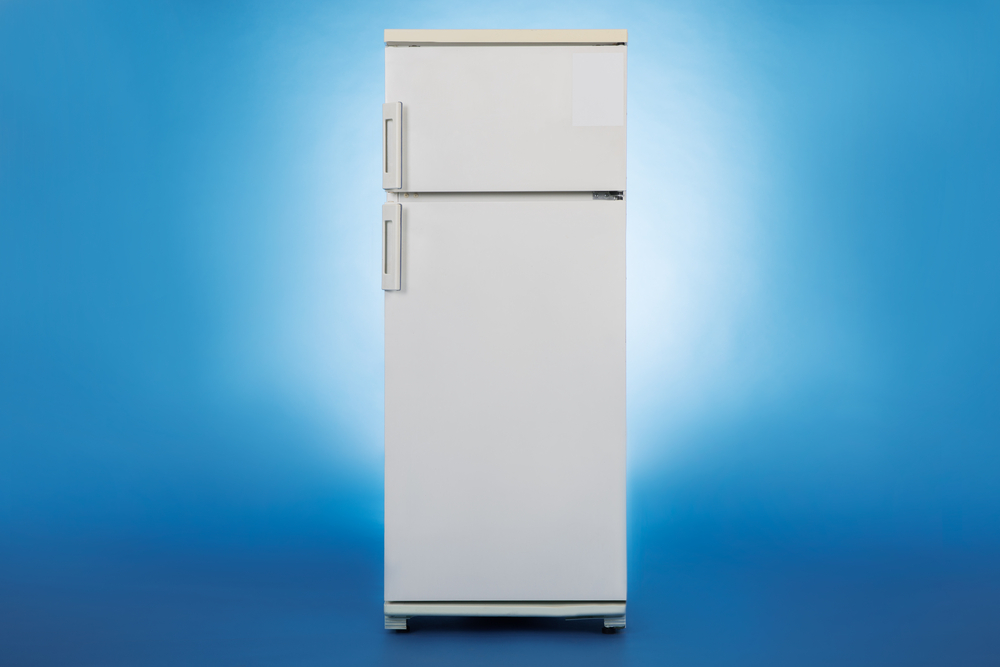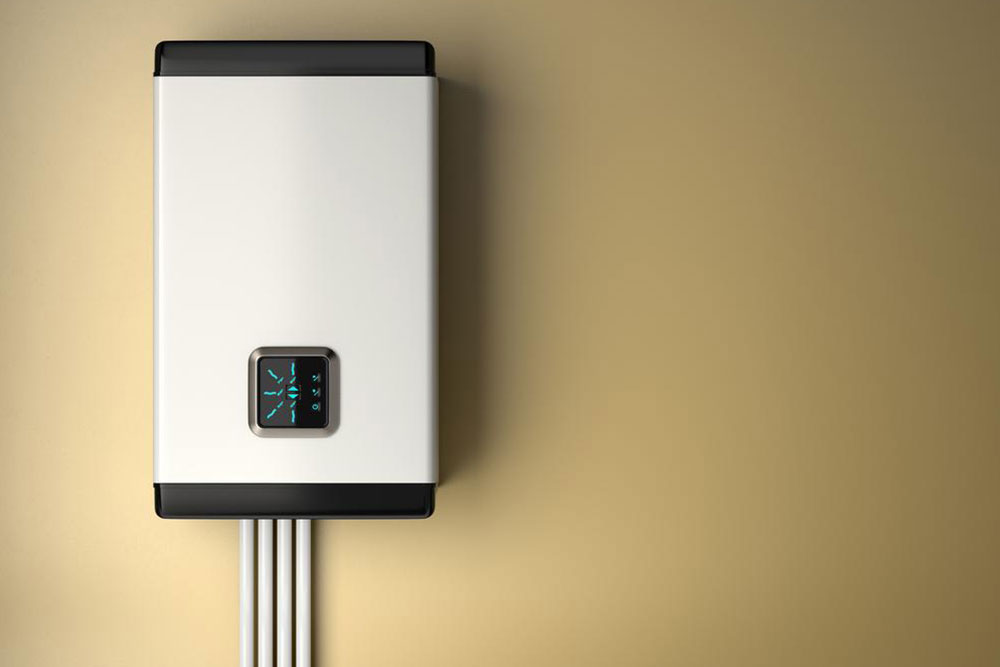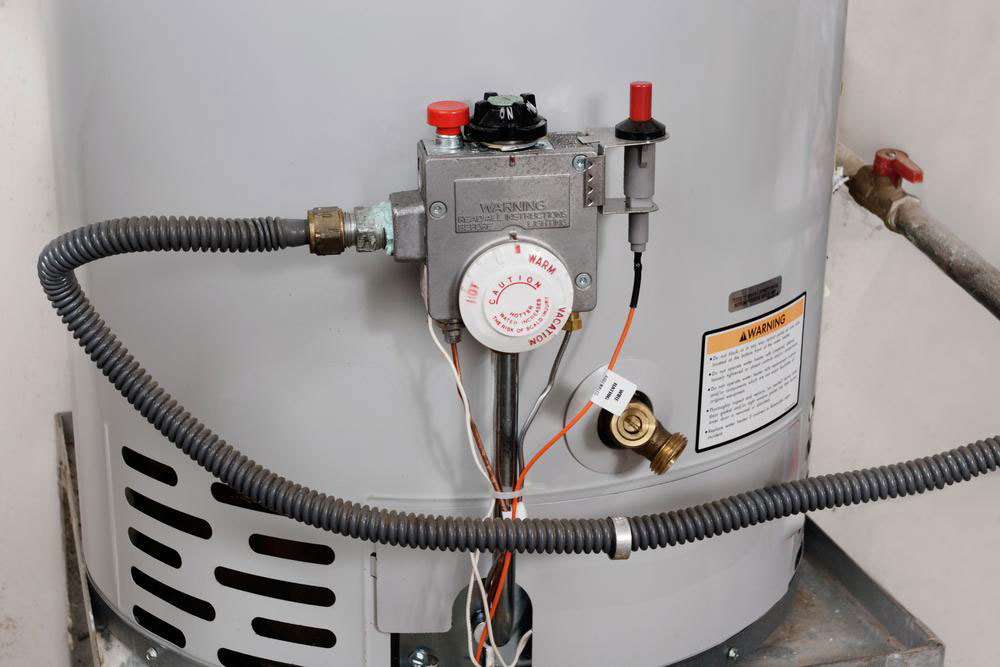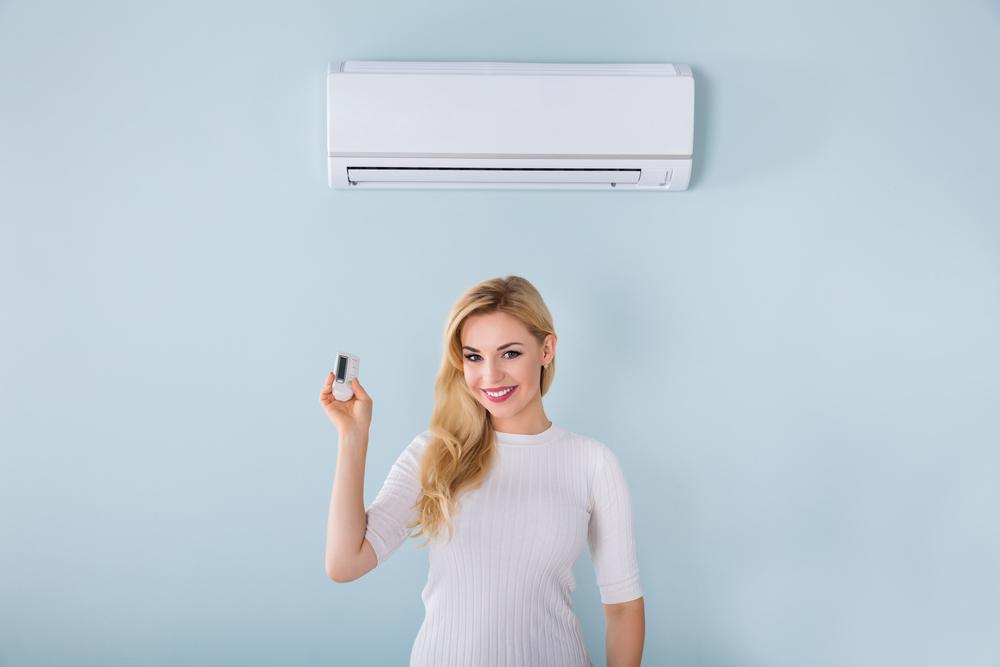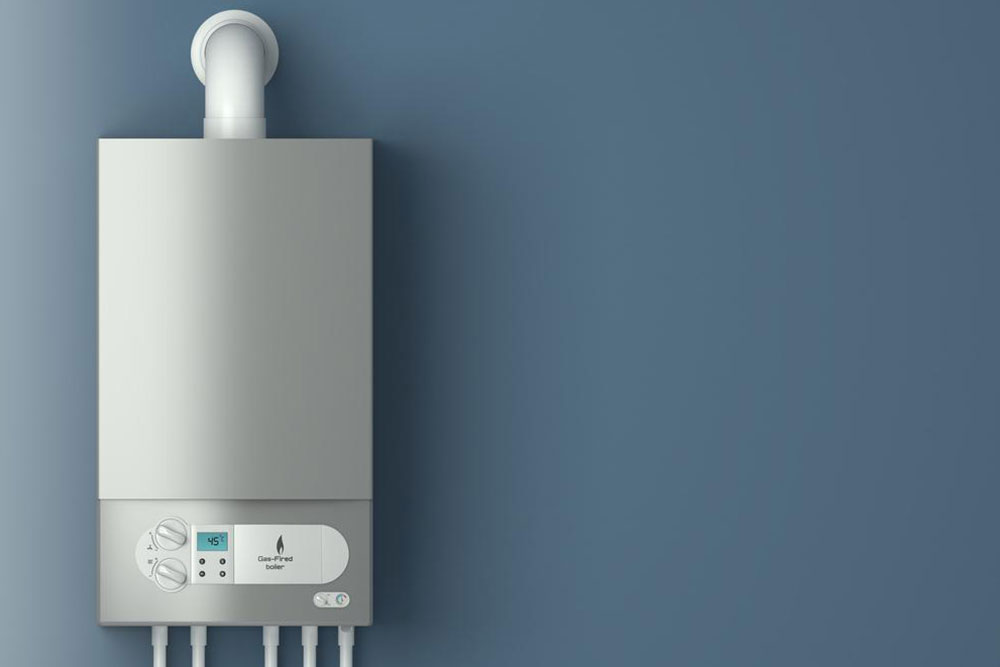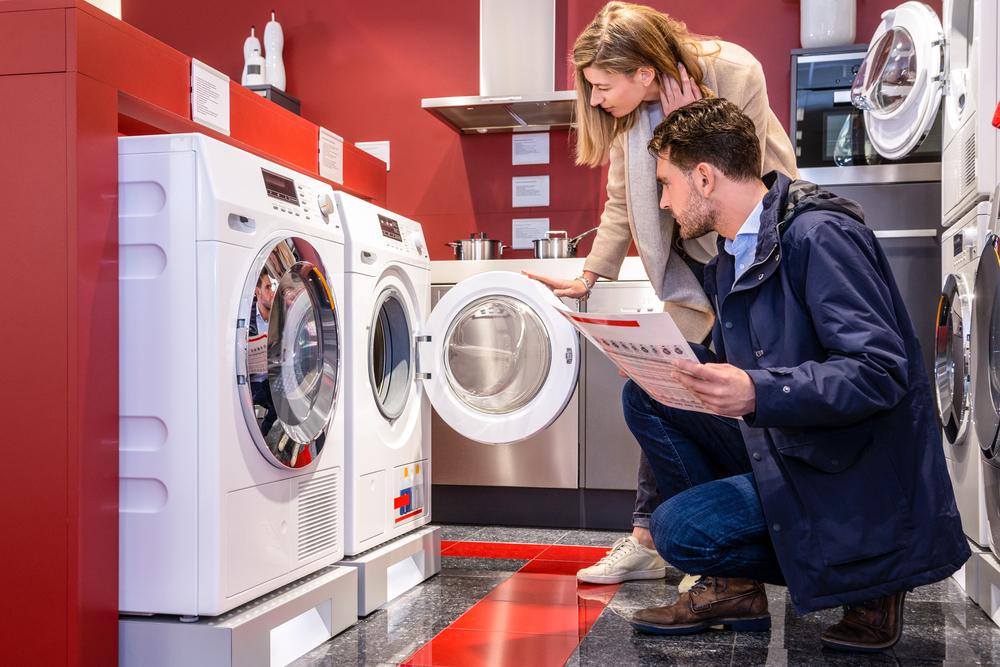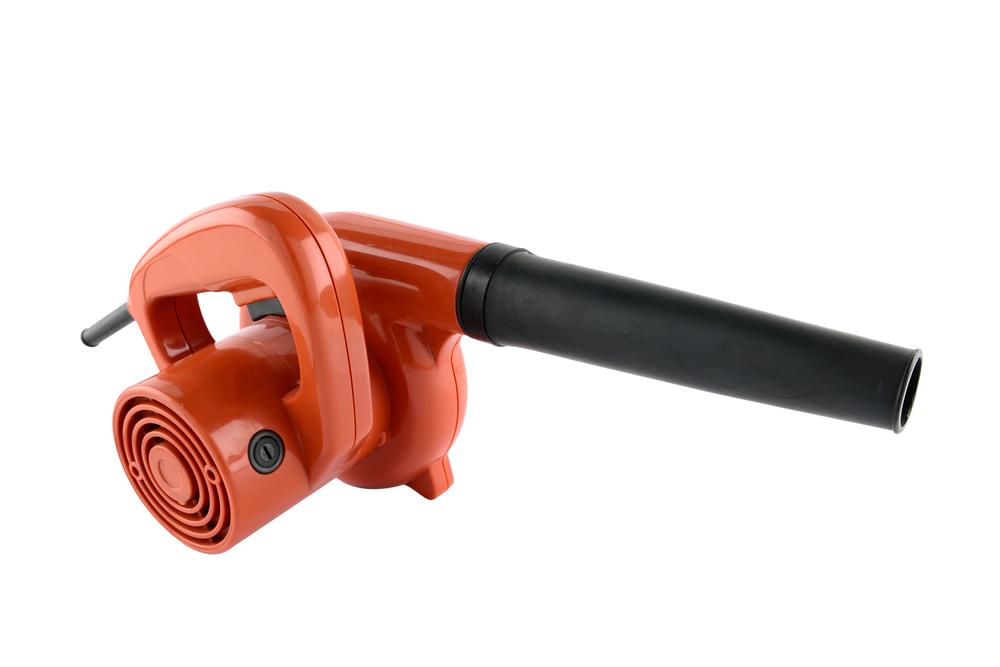Essential Guidelines for Selecting the Right Water Heating System
Discover essential tips for choosing the ideal water heater, focusing on size, fuel type, cost, and energy efficiency. Proper selection and maintenance ensure reliable hot water supply and optimal savings. Consult professionals for installation and repairs to guarantee safety and performance. Regular upkeep enhances longevity and efficiency, making the right water heater a valuable investment for your home. Get expert advice and compare models to find the best fit for your household needs and budget.
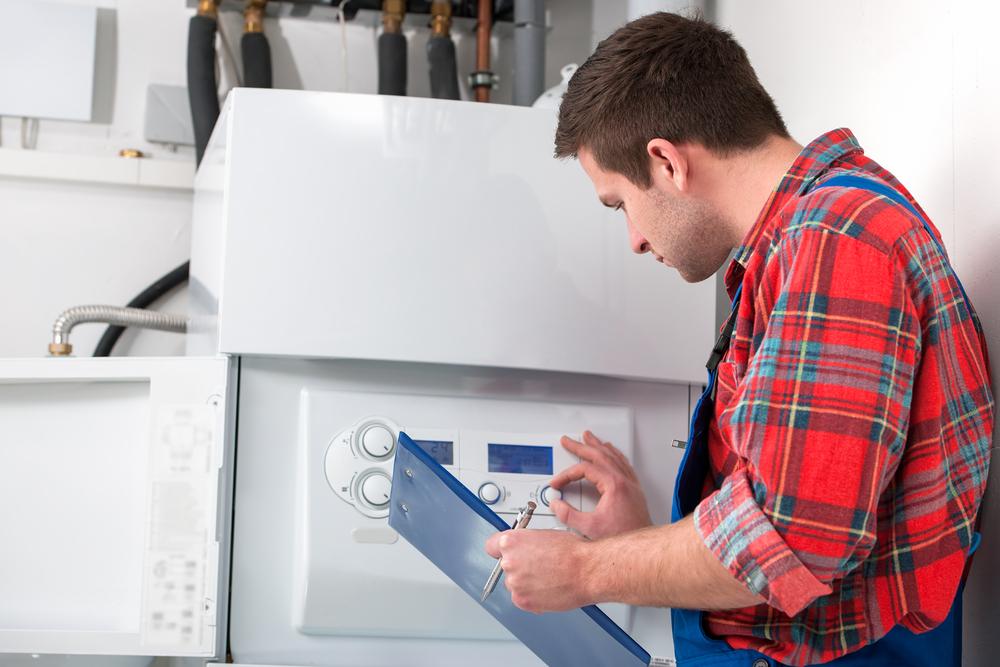
Key Factors in Choosing a Water Heating System
When investing in a new water heating system, several critical factors should guide your decision. Prioritizing energy efficiency and cost savings is essential. Choose a unit capable of providing sufficient hot water for household activities like bathing, laundry, and cleaning while maintaining energy conservation. Various models and makes are available; thus, determining the appropriate fuel source and size is crucial before purchase. Below are key considerations to help you select the ideal water heater for your home.
Capacity: Assess your household’s hot water requirements to ensure the heater can meet peak demands without wastage.
Ensure your chosen water heater delivers enough hot water for daily chores such as showers, laundry, and dishwashing. Review different models’ sizes and capacities to select the most suitable option.
Fuel Type: The energy source used impacts operational expenses significantly. Consider the fuel's availability, cost, and efficiency to maximize savings. Common fuel options include:
Electricity: Modern devices like tankless and hybrid water heaters predominantly operate on electricity.
Fuel Oil: Conventional storage units and indirect heating systems often use fuel oil.
Natural Gas: Many traditional and tankless systems rely on natural gas for efficient operation.
Geothermal & Renewable Energy: Homes equipped with geothermal heat pumps can harness geothermal energy for water heating. Solar and propane are alternative sustainable sources.
Cost Considerations: Obtain detailed estimates of initial investment and annual operating expenses. Comparing options helps identify cost-effective solutions that fit your budget.
Energy Efficiency: Since hot water is needed year-round, selecting a highly efficient heater reduces energy bills over time. It’s advisable to invest in models with excellent energy ratings for long-term savings.
After choosing the right system, purchase from reputable suppliers and seek expert installation. Professional installers ensure safe, proper setup. In case of technical issues, avoid DIY repairs; instead, consult licensed technicians for quick fixes to prevent further damage.
Maintenance Tips: Regular upkeep preserves performance and longevity. Key practices include:
Cleaning sediment buildup periodically
Inspecting all pipe and tank connections for leaks
Ensuring nuts and bolts are tight
Checking wiring, ducts, and insulation for damage
Conducting routine professional inspections to catch problems early

